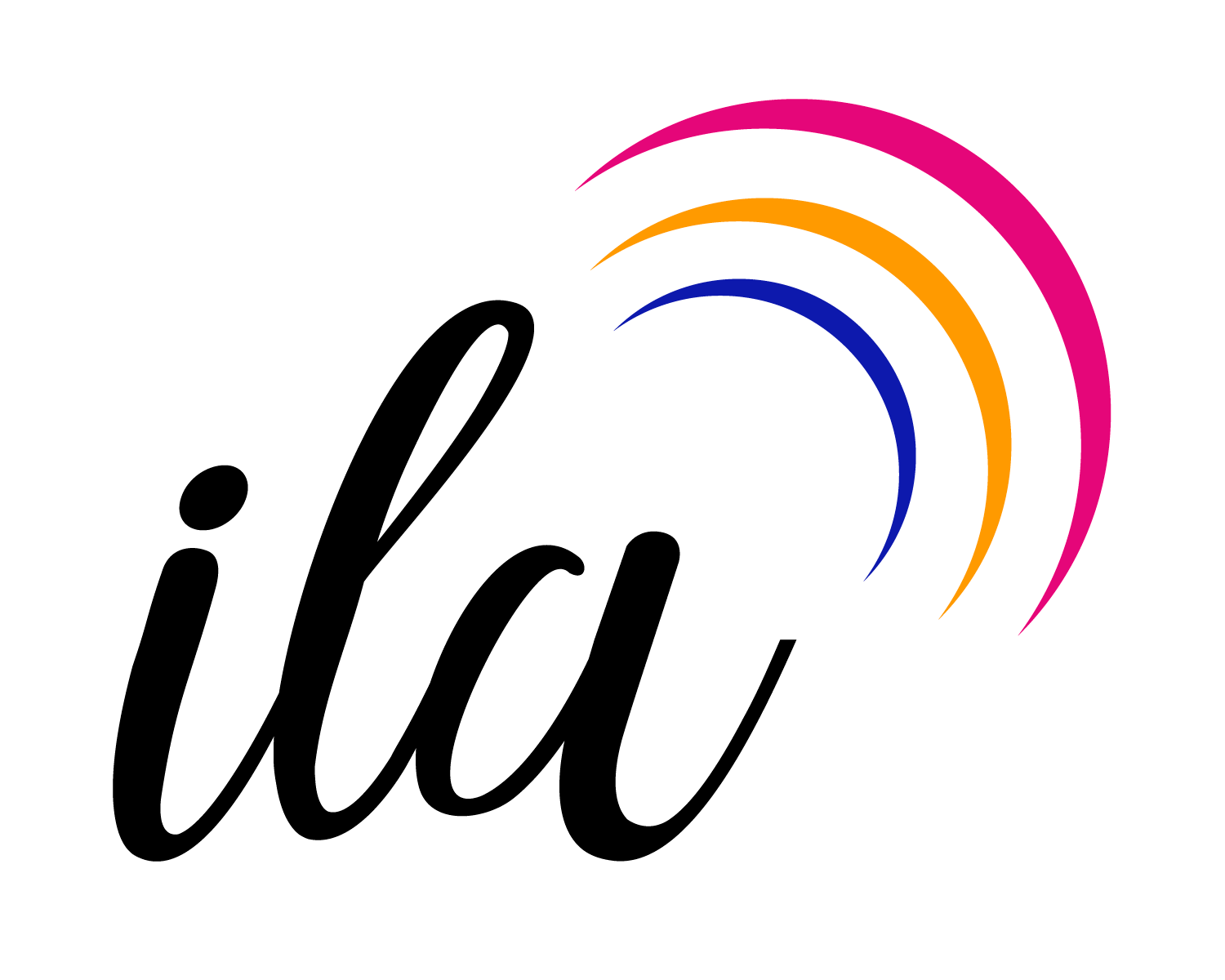How does ALLY work?
the story behind ally
ila was created end of 2018 in London to tackle the issue of gender-based violence and support anyone facing or having faced abuse. We started working with leading non-profits and purpose led companies in the UK and India to create opportunities for survivors of gender-based violence but, when Covid hit we had to pivot and repurpose the work we had done.
During the pandemic, domestic abuse rates skyrocketed worldwide. In the UK alone, calls to helplines increased by 120% in the first 4 weeks. But how do you provide efficient help in these weird times? Actually, how do you even support someone facing abuse in the streets or struggling when it’s needed the most ?
We use our expertise in designing and providing training to turn local stores into safe spaces and bystanders into active Allies so that you can both get help or provide it when needed.
Growing the ALLY community: our vision
Together we can create safer cities.
We’ve launched ALLY in the UK with modules on street harassments but we don’t want to stop there.
The ALLY training is highly customizable and can be adapted to any storefront anywhere in the world. The app is meant to be a platform where you will get to learn about different issues and ways you or your local store can act at the individual and community level.
So hold tight! More training modules and locations are in the pipeline.
What are ALLY venues?
ALLY venues are safe spaces around you where staff members have been trained on ALLY to support anyone who would need help in their premises.
Why focus on bystanders and not people needing help?
Currently, there are 327 gender-based violence applications out there. 47% of those have a ‘SOS’ button as their main feature and 0 are focused on equipping bystanders even though they are the first people around when help is needed. Probably way closer than the police. Fun fact: Did you know that trained bystanders are 89% more likely to intervene? They can also find the best course of action before as, unlike the victim, they are not directly targetted by unwanted attention or agressivity.
How was the training built?
We’ve worked with our ngo partners, staff members from a wide range of venues, counsellors and well as with survivors of abuse to design and vet the ALLY training. All training material is regularly updated based on the feedback we receive from our clients and users. The design and visual identity of ALLY were all created in house.
What is covered by the training?
Currently the ALLY training covers the following topics: identifying harssment, assessing risk, intervention strategies, de-escalation techniques, basic care guidelines after an incident.
What can I expect from trained staff members?
Trained staff members will keep an eye out for any inapropriate behaviour in their venues and will intervene when spotting them. Alternatively, you can reach out to them for help whenever you need it. Remember that ALLY trained staff members are not police officers or counsellors but they can redirect you towards additional help should you require it.
Where can I find ALLY venues?
All the participating venues can be found on the app on the ALLY map. If you can’t download ALLY, no worries! All ALLY safe spaces have our sticker on their windows and ALLY posters around with all relevant information. ALLY is available in London, Berlin and Bangkok.
Do companies pay for ALLY?
Yes, ALLY is tech-enabled professional training programme and safety management tool. Companies who decide to implement it in their venues pay to access the service and receive our team’s support.
As a customer, will I ever need to pay for the ALLY service?
No. You will always have access to ALLY free of charge.
Still haven’t found your answer?

